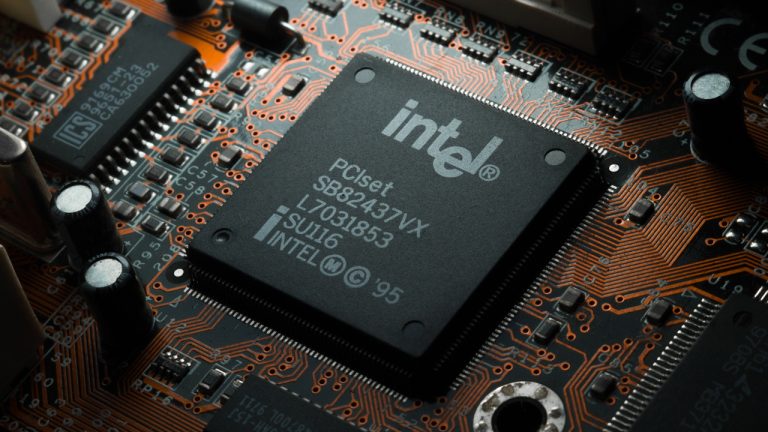
Diluted net loss per American depositary share in Q1 2023 stood at $0.51, down from $0.55 in the previous quarter.
Chinese Bitcoin mining company Canaan reported slight improvements in some of its financial metrics in the first quarter of 2023. The progress, however, is still far behind where it was last year in this period.
According to an unaudited report posted on its investor relations page, Canaan’s net loss was $84.4 million in Q1, lower than its $91.6 million net loss in the previous quarter. The net loss represents a major reversal compared to the same period in 2022, when the firm reported a net income of $65.1 million.
Diluted net loss per American depositary share (ADS) in the first quarter of 2023 was $0.51, down from $0.55 in the previous quarter, while diluted net earnings per ADS in the same period of 2022 stood at $0.38. According to Investopedia, an ADS is an equity share in a non-U.S. company held by a United States depositary bank and available for purchase by investors.
The company claims to be expanding operations despite the ongoing bear market and associated drop in earnings.
The quarterly results were impacted by several factors, including low market demand that hindered product revenue, the ongoing crisis in the banking system and the slow recovery of Bitcoin’s (BTC) price. Revenue in Q1 totaled $55.1 million, against $58.3 million last quarter and $201.8 million in the same period of 2022.
“In the first quarter of 2023, we experienced a further contraction in our sales revenue, due to the industry-wide reduction in selling prices, and unforeseen delays in payment and shipment following a series of U.S. bank failures. In addition, our mining business encountered difficulties that postponed the increase of our installed hash rates," said Canaan’s chief financial officer James Cheng in the report, claiming the revenue results “fell short” of expectations.
Related: Ripe for the squeeze? Bitcoin mining stocks remain under attack from short sellers
A revenue breakdown shows $44.1 million coming from products revenue and $11.1 million from mining activities, as well as $300,000 in other revenues. Income generated from mining activities rose 3.3% from $10.7 million in the fourth quarter of 2022 and represents a 130.2% increase from $4.8 million during the same period of 2022.
Costs linked to mining operations include electricity and hosting, as well as equipment depreciation and amortization.
The total operating expenses in the first quarter of 2023 were $38.1 million, compared to $60.8 million in the fourth quarter of 2022 and nearly equal to the same period last year, when it stood at $38 million. “We managed to narrow our operating loss by 31.4% from the last quarter," noted Cheng.
The report shows a decrease in investment in research and development. Canaan spent $19.1 million in the first quarter, compared to $33.4 million in the previous period. The decline was due to one-off expenditures of $14.3 million for research and development for the A13 series products. In the same period of 2022, the company committed $15.1 million in R&D.
Cryptocurrency assets held by Canaan as of March 31, 2023 totaled 623 BTC, worth $13.4 million, according to the report. Cash and cash equivalents were at $72 million, compared to $101.6 million as of Dec. 31, 2022.
Magazine: $3.4B of Bitcoin in a popcorn tin — The Silk Road hacker’s story










